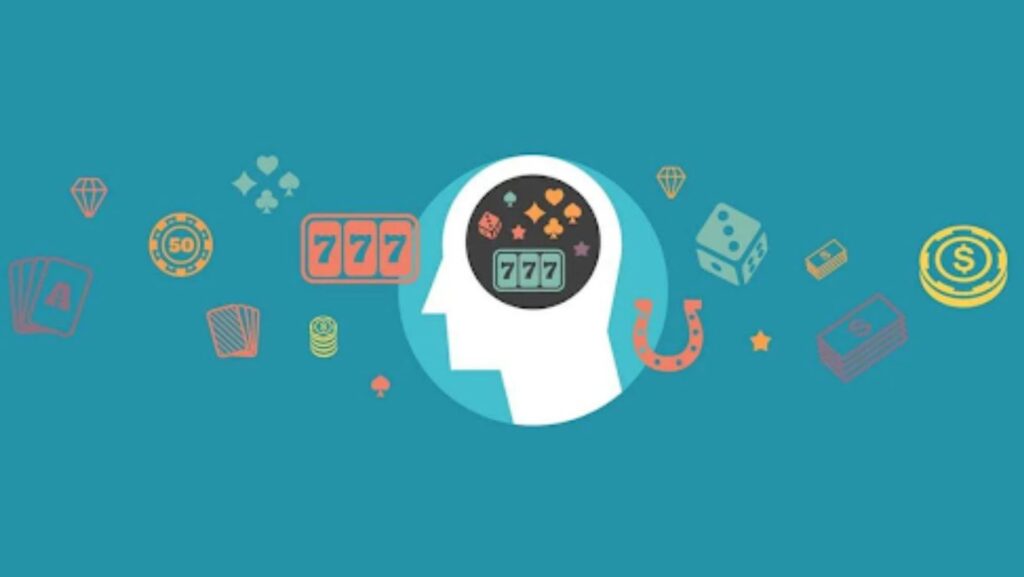
The essence of gambling lies in taking risks with the potential of receiving rewards. From gaming machines in Las Vegas to innovative digital betting applications, the thrill of unpredictability drives millions of people globally to this entertainment. Modern gambling operators skillfully manipulate user psychology to encourage them to wager higher sums and increase the frequency of sessions. So, what exactly drives players’ excitement in online sportsbooks?
The Dopamine Rush: The Impact of Gambling on the Human Brain
The neurotransmitter known as dopamine is the basis when discussing the appeal of online gambling. This chemical is known as the “feel-good” hormone, which is triggered when a user spins the reels or places a bet on the chosen sporting event. Studies on this issue have revealed that betting-related activities cause a dopamine release even when a punter doesn’t receive any reward. It’s especially relevant during the “near-miss moments,” where the coveted win seemed so close. Anticipation and excitement are the primary emotions that gambling fans experience in online casinos and bookmaker websites.
The Illusion of Control
Experienced players understand that luck and randomness play a crucial role in online gambling activities. However, many users have the illusion of control: for instance, when testing games with higher RTPs or wagering on the match favorite. In addition, they believe that their skills and knowledge can also affect the bet outcome. This illusion makes gambling more attractive, even when the result is entirely dependent on chance. It transforms a luck-based activity into a feeling of a skill-based challenge, encouraging users to keep playing.
Risk-Taking as a Personality Trait
Some people are more likely to accept risks than others, and unsurprisingly, gambling is among the most accessible activities in the 2020s. Psychologists classify this approach as a sensation-seeking behavior that affects user choices in online casinos and sportsbooks. At its core, iGaming offers a socially accepted way to pursue something new and seek intense experiences. The dynamism and unpredictability of registering for https://bd1xbetlogin.com/ and trying the hottest content make it especially attractive for individuals with this specific personal characteristic.
The Effect of Variable Rewards and Inconsistent Reinforcement
It’s not a secret that winnings in online betting and gambling come suddenly, and there’s hardly any strategy that brings guaranteed victories. Hence, users don’t have the opportunity to plan for receiving cash prizes. Instead, the inconsistency and randomness of gambling rewards are among the most attractive features of this sector. The unpredictability makes players stay on the platform or in the betting app longer than they initially planned, helping operators grow their revenues.

Slot machines are a perfect example: this game type is the most accessible, but it requires users to rely on their luck. Here, near-misses are common: users see matching symbols falling pretty close and are confident that the following rounds will result in a win. However, slots are based on the Random Number Generator, and all outcomes are independent.
Cognitive Biases Affecting User Decisions
Gamblers’ actions are often driven by specific cognitive biases, and breaking the cycle is complicated. They can affect user decisions in online sportsbooks and casinos and encourage them to bet more. The most common points include:
- The Gambler’s Fallacy. Here, players believe that past outcomes affect future results. For example, if a punter experienced several losses, they are “due” for a win, which is not true
- The Hot Hand Fallacy. Many users are confident that they can count on long-term success after they have experienced a few wins in a row
- Loss Aversion. Sometimes, people fear losing money more than they enjoy winning cash prizes. This bias often results in chasing losses and overspending on a betting website
These aspects affect user habits in the gambling sector, which is why experts emphasize the need to remain self-conscious and plan sessions in advance. Clear time and financial limits make players’ experiences more controlled and enjoyable in the long run.
Escapism and Emotional Triggers
For many users, gambling is a way to escape reality, and getting lost in the virtual entertainment world is really easy. A high focus on games and betting markets can provide a temporary relief from daily problems and stressful situations. Many opt for eliminating boredom and anxiety: in this context, gambling becomes something more than just entertainment and is perceived as a coping mechanism. Being emotionally weak and vulnerable to uncontrolled behaviors can lead to compulsive problems that require long-lasting treatment.
Social and Cultural Impact of Online Gambling
Gambling is not only about personal choices. During the last decades, it has been popularized through movies, podcasts, and influencer marketing. Casinos and sports betting apps show the dream of winning big, encouraging ordinary people to try their luck in this risky pastime. Of course, everyone would be happy to hit the jackpot, and advertisements on multiple third-party platforms create the feeling that the victory is closer than it seems. Social gambling adds peer influence: players want to be a part of the community and share betting experiences with their friends. The accessibility of mobile bookmakers adds a layer of excitement, as users can enjoy sports wagering anywhere, at any time.












